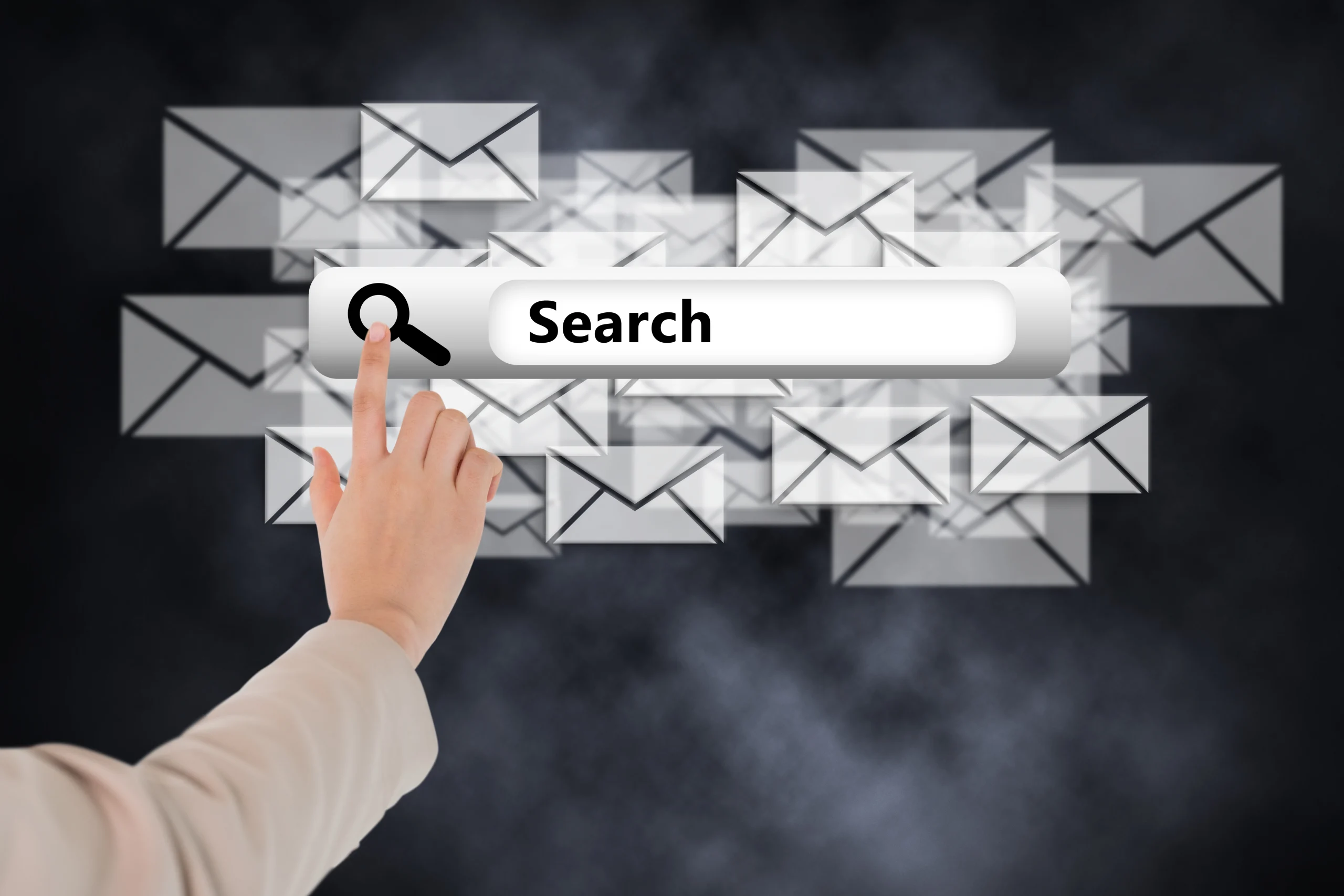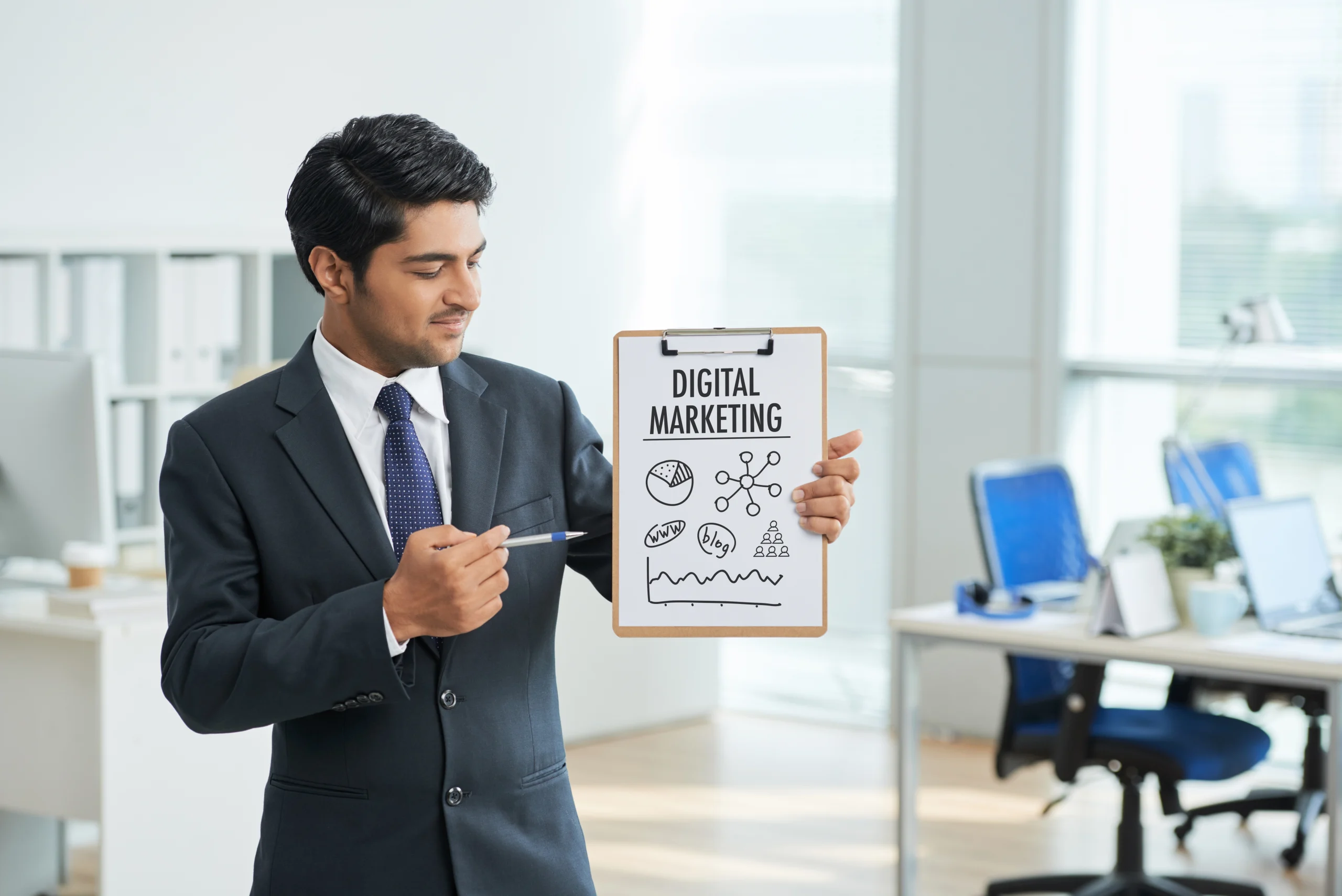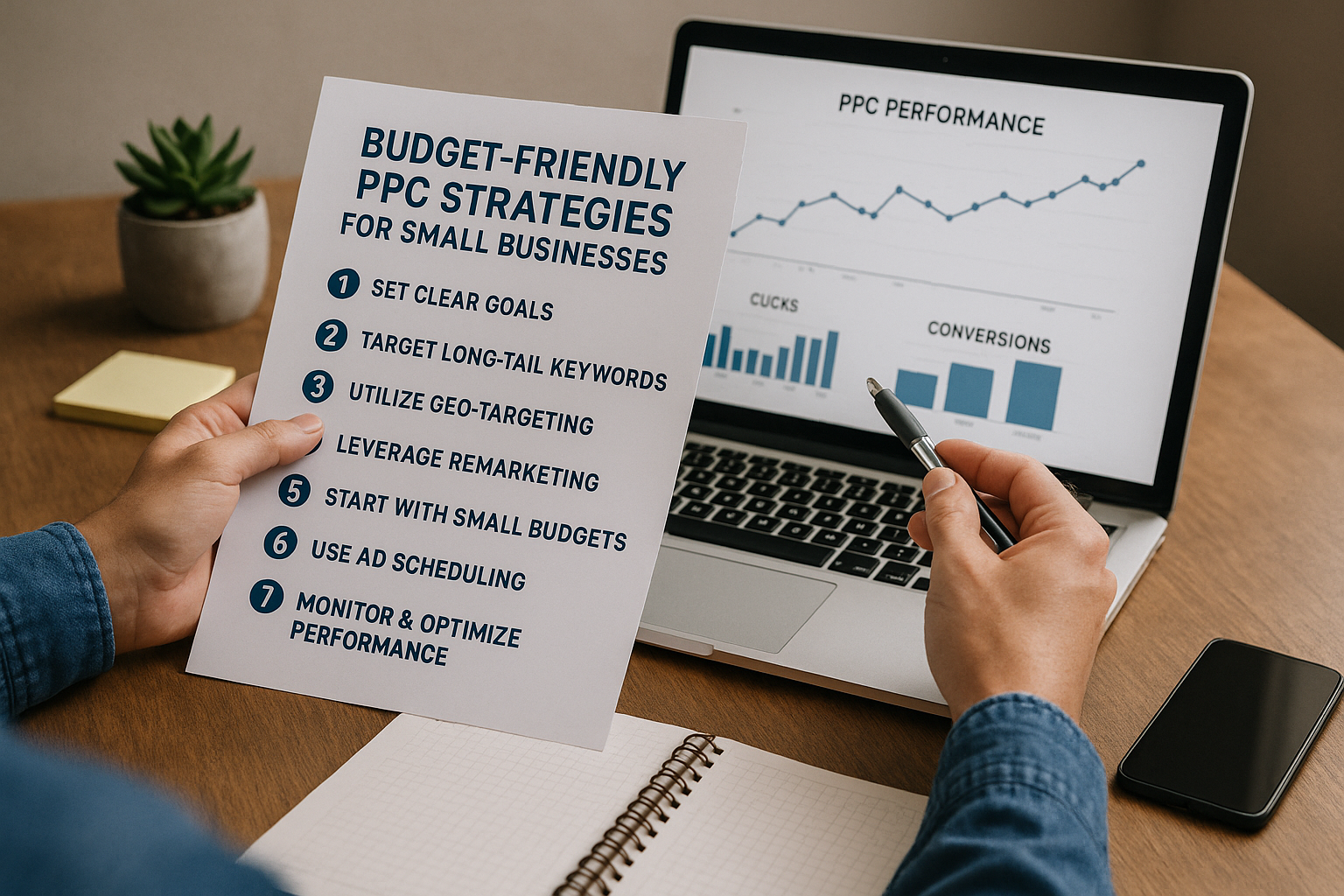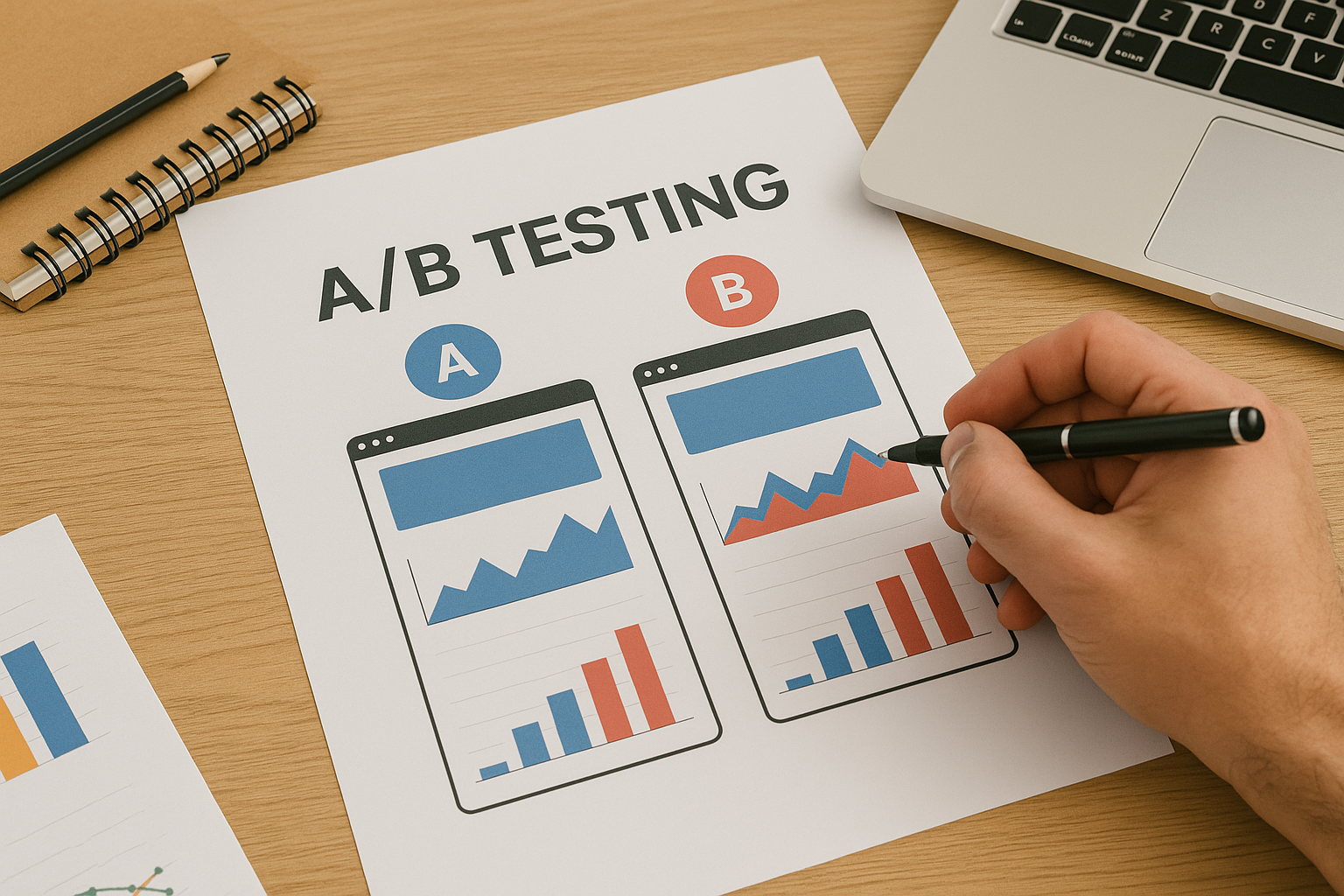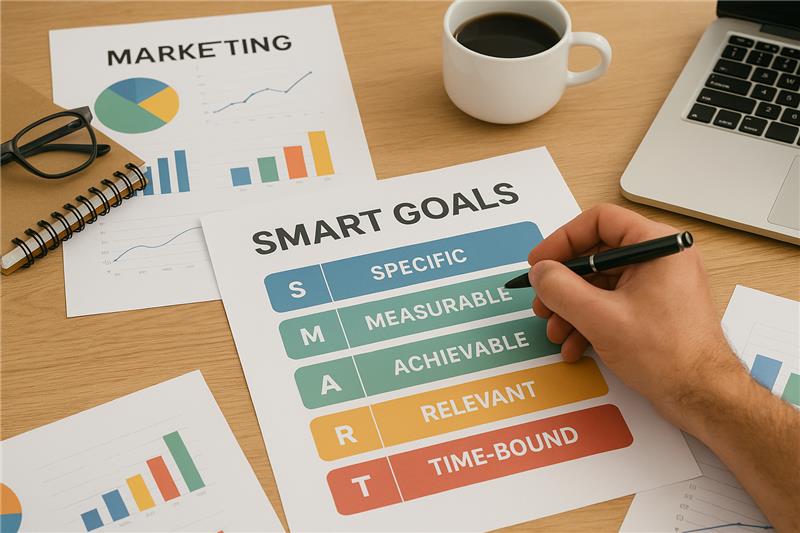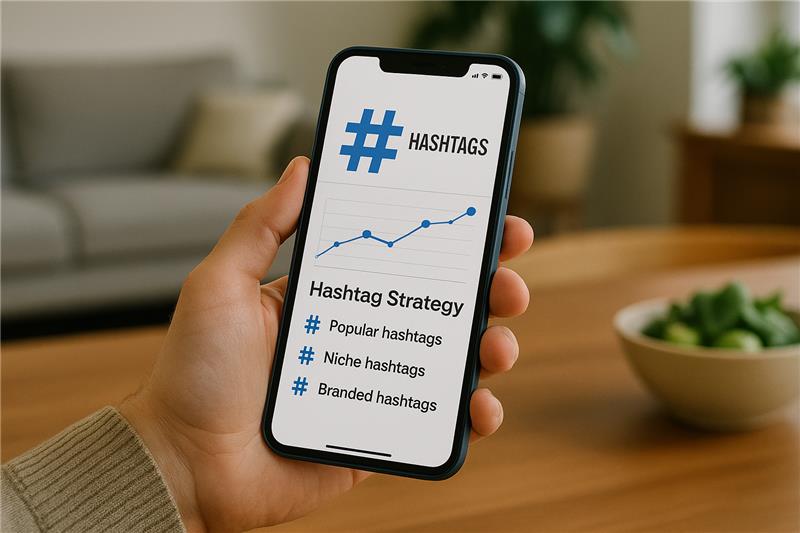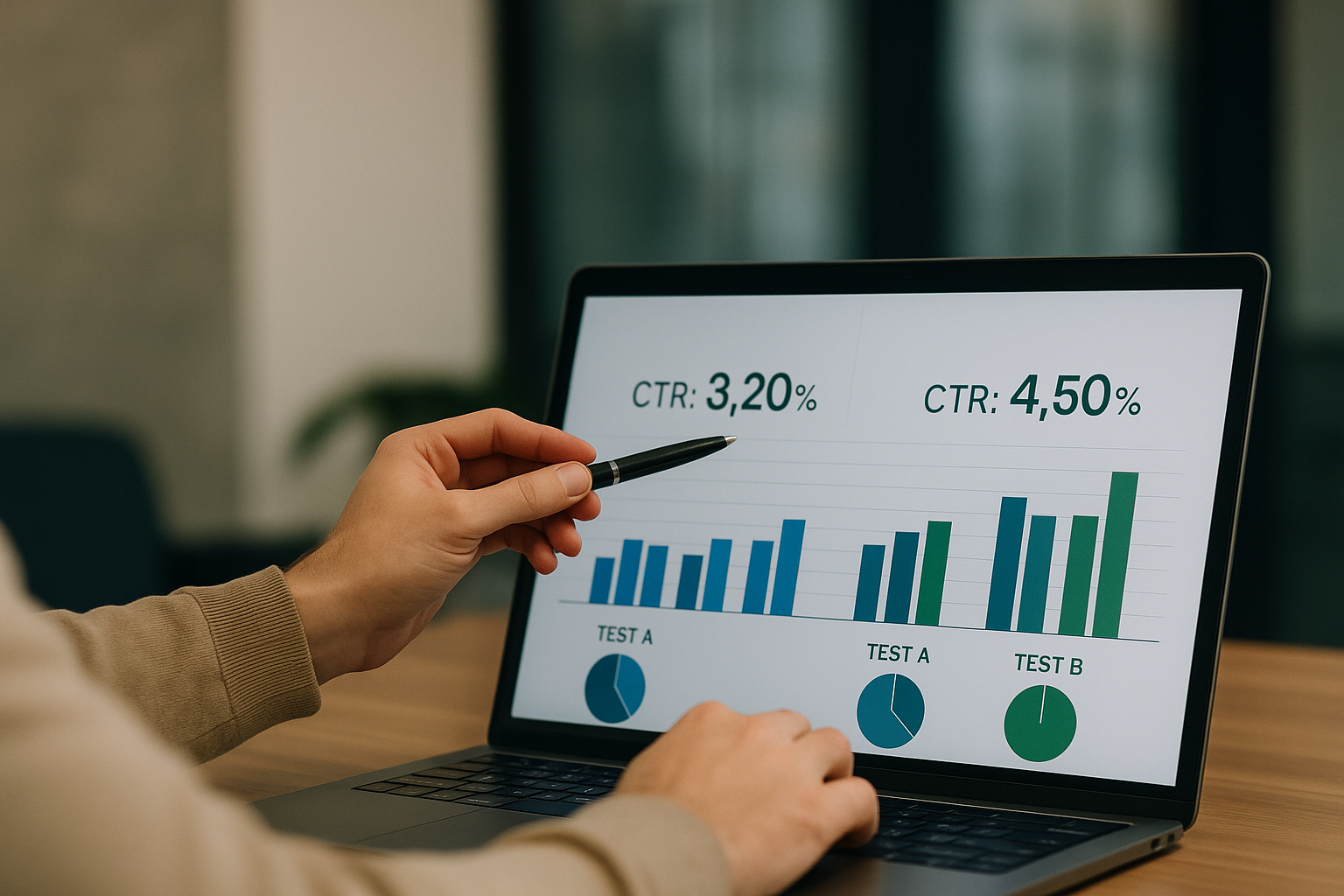The Future of Digital Marketing Agencies in the AI Era
The world of digital marketing is changing faster than ever, and artificial intelligence (AI) is at the center of this transformation. From content creation to customer targeting, AI is reshaping how a digital marketing agency operates and delivers value to its clients. Businesses that understand this shift — and partner with agencies that leverage AI effectively — will have a major competitive edge in the years ahead.
The AI Revolution in Digital Marketing
Artificial intelligence is no longer a futuristic concept; it’s a driving force behind nearly every marketing channel. Algorithms now power search engines, social media feeds, email automation, and ad optimization. A digital marketing agency that embraces AI can analyze data in real time, predict consumer behavior, and deliver hyper-personalized campaigns that traditional methods can’t match.
For example, AI tools can assess thousands of audience data points to identify ideal customer segments, optimize ad budgets automatically, and even suggest the best times to post on social media. This level of automation and intelligence enables agencies to scale campaigns with unprecedented precision and efficiency.
How AI Is Transforming Key Agency Services
A modern digital marketing agency integrates AI across nearly every service it provides. Here’s how AI is revolutionizing some of the most important areas:
1. SEO and Content Marketing
AI-powered SEO tools like SurferSEO and Clearscope analyze search intent and competition more accurately than manual research. They help agencies create content that ranks higher and attracts more qualified traffic. AI writing assistants can also generate keyword-rich outlines, titles, and even full drafts — allowing marketers to focus on strategy and creativity instead of repetitive tasks.
AI-driven analytics further help agencies identify what type of content performs best for each audience segment. This means a digital marketing agency can deliver more personalized, data-backed content strategies that drive measurable results.
2. Paid Advertising (PPC and Social Ads)
AI plays a crucial role in paid media optimization. Platforms like Google Ads and Meta Ads already use AI to enhance bidding strategies, improve targeting accuracy, and test creative variations. However, advanced agencies are taking this even further with proprietary AI models that predict campaign performance before launch.
By combining predictive analytics with automation, a digital marketing agency can reduce wasted ad spend and ensure every dollar delivers maximum ROI.
3. Social Media Management
AI tools can now analyze sentiment, track trends, and even create visual content. A digital marketing agency can use these insights to engage audiences more effectively, identify emerging opportunities, and respond to brand mentions instantly. Chatbots powered by AI also provide 24/7 customer service on social media platforms, enhancing customer satisfaction without increasing manpower.
4. Email and CRM Automation
AI helps marketers segment audiences dynamically and personalize email campaigns at scale. With predictive analytics, a digital marketing agency can determine the best time to send messages, the tone to use, and the products most likely to convert. The result is a more human-like customer journey — delivered through smart automation.
The Rise of Predictive and Generative AI
Two forms of AI are shaping the next phase of digital marketing: predictive AI and generative AI.
Predictive AI uses historical data to forecast future outcomes — such as customer behavior, churn probability, or campaign performance. A digital marketing agency that masters predictive AI can anticipate market shifts and proactively adjust strategies.
Generative AI, on the other hand, creates new content — text, images, videos, or even voiceovers. Agencies are already using generative AI tools like ChatGPT, Midjourney, and Runway to produce creative assets faster and more affordably.
These technologies free up human marketers to focus on creativity, storytelling, and strategy — areas where human emotion and intuition still outperform machines.
Challenges and Ethical Considerations
While AI offers immense potential, it also introduces new challenges for every digital marketing agency. Data privacy regulations, ethical use of AI-generated content, and brand authenticity are major concerns. Agencies must be transparent about how they use AI and ensure that automation doesn’t replace human judgment entirely.
Moreover, as AI becomes more accessible, the market will be flooded with generic, machine-generated content. The agencies that stand out will be those that combine AI’s efficiency with human creativity and emotional intelligence.
The Human Touch Still Matters
Even in the AI era, the human element remains irreplaceable. Strategy, storytelling, empathy, and cultural understanding are areas where human marketers excel. The best digital marketing agency will not just rely on AI but will use it as a powerful assistant to amplify creativity and insight.
AI can crunch numbers, but it can’t truly understand a brand’s story or convey emotion the way humans can. Agencies that balance automation with authentic human input will deliver campaigns that resonate more deeply with audiences.
The Future Is Hybrid
The future of the digital marketing agency is not fully automated — it’s hybrid. The winning model will combine the analytical precision of AI with the creativity and emotional intelligence of human experts.
As AI continues to evolve, agencies that adapt quickly and invest in AI-driven innovation will lead the industry. They’ll offer faster insights, more accurate targeting, and personalized marketing strategies that drive long-term business growth.
Final Thoughts
The AI era is redefining what it means to be a digital marketing agency. Success will depend on how well agencies integrate AI into their operations while maintaining the authenticity and creativity that make brands unique. Those that strike this balance will not only survive but thrive — leading the next generation of intelligent, human-centered marketing.



